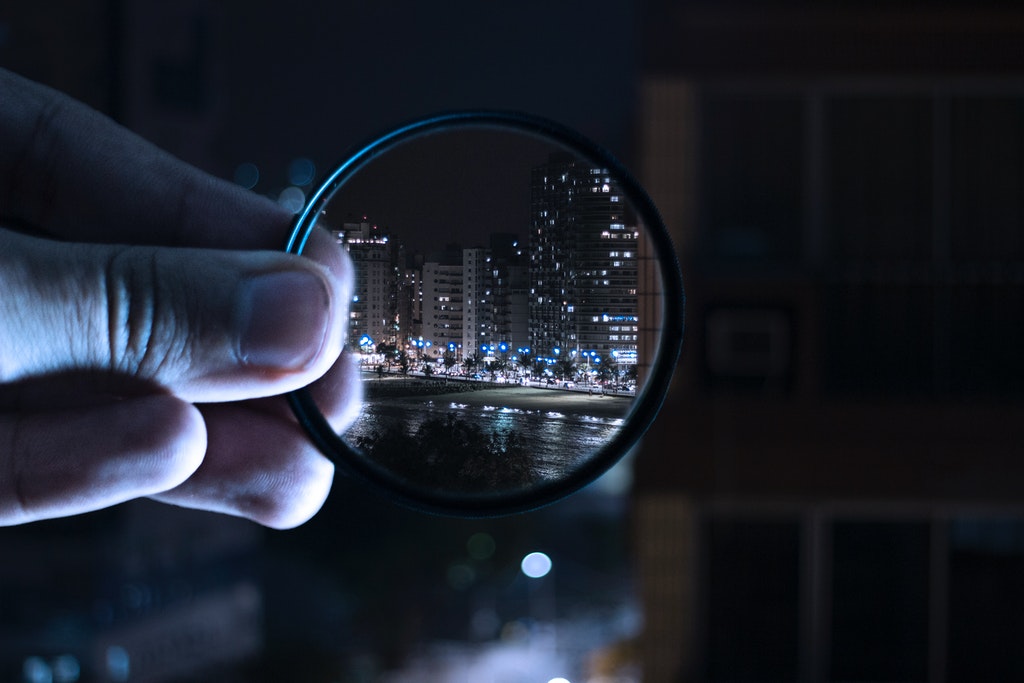The way the online world functions, as we know, is constantly changing. Visual search is gaining popularity, and it’s not surprising considering that 90% of all information the brain receives is visual. So if you haven’t optimized your site for Google Lens, we have your back.
If your small business is looking to keep up with the changes, follow these tips below to optimize images for Google Lens and adapt to what your audience is using.
Visual Search Explained
Visual search is still a relatively new way of finding information, but it’s becoming popular fast. This kind of search uses artificial intelligence to decipher the content and context of a photo and produce related results and/or answer questions you may have, unlike using keywords to perform online searches.
Say you’re going grocery shopping and see someone wearing shoes you like. Instead of typing a description into the search engine, you can use a photo of the shoes to find them online, which is much more accurate and convenient than trying to describe something.
What Is Google Lens?
Google Lens is an image recognition technology created by Google. It’s free and super easy to use, so your target audience is more than likely taking advantage of the benefits.
Google isn’t the only company using visual search technology either. Pinterest, Amazon, IKEA, and some other big brands also use visual search.
How Visual Search Impacts SEO
When someone puts a photo into Google Lens, such as a flower, Google tells you what kind of flower it is and florists nearby as well. So this is a really great opportunity to drive sales for your business and create new interactive marketing campaigns.
With Eccomerce sites on the rise, this technology is especially useful. Visual search allows you to drive lots of new traffic to your website. But this is only relevant if you’re adequately optimized for visual search! So let’s get to it.
How To Optimize Images For Google Lens
So what can you do to ensure your photos are recognizable by Google Lens? Well, a few simple yet effective ways are adding alt tags, using high-quality images, and optimizing the EXIF metadata attached to your images.
Use High Quality Images
It’s absolutely essential that you’re using high quality images with high resolution. They must also follow a BMP, GIF, JPEG, PNG, WebP, or SVG format, as these are all supported by Google.
A nice sharp photo on Google Lens is much more likely to be clicked and enhance your site’s traffic. Unfortunately, a low quality image can suggest a low quality product or even brand.
Add Alt Tags
Alt tags provide context for your image, so when you create alt tags for a photo, you want to include rich keywords and any information that may be relevant to Google Lens. This way, search engine crawlers can correctly index your image.
It’s important to add alt tags to your photos, even for text-based search engines. Otherwise, it can actually hurt your ranking.
Edit EXIF Metadata
EXIF data is similar to alt tags in that it helps Google understand the image. EXIF stands for Exchangeable Image File Format, and each photo has its own unique data.
There’s some debate about whether Google “reads” metadata for images, but the answer is yes! Google can definitely read the embedded information of images. It would be best to optimize your EXIF data by including a few great keywords, author, and location.
This will help your images and business show up in visual search results pages and help you rank better in text-based search engines.
Conclusion
When optimizing your images for Google Lens, you’re making them more recognizable to search engine crawlers. When crawlers can better understand your image, they can recommend it to users more efficiently.
Visual search offers excellent opportunities for brands everywhere to increase conversions, especially on Ecommerce sites. Visual search allows you to connect with new customers and even reach outside your target audience. It may be just what your brand needs if you’ve had trouble reaching the younger generation.
We understand that SEO is time consuming, regardless if it’s a text based search. So if you need a hand optimizing your images for Google Lens, call us at 727-531-7622 or contact us online.

